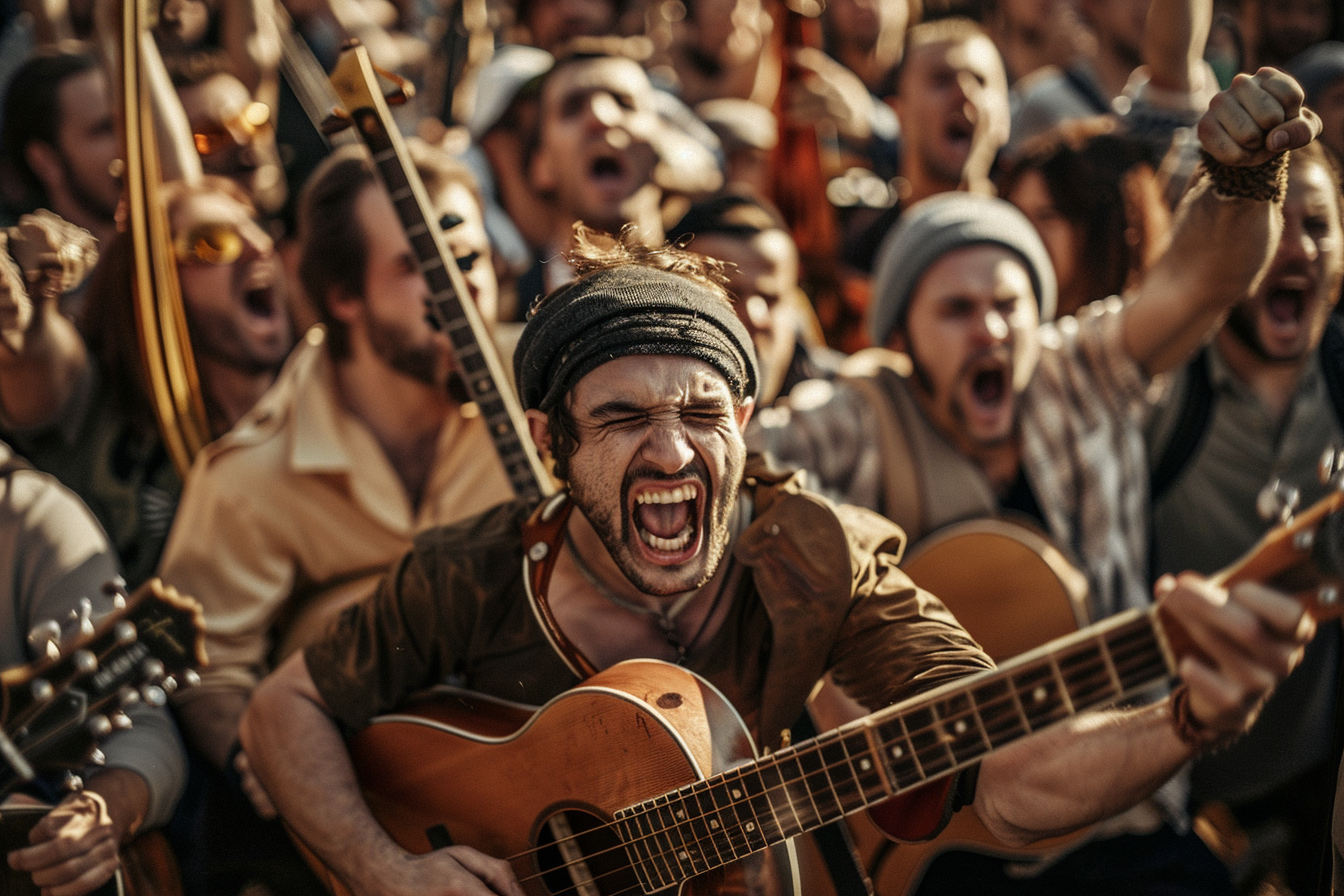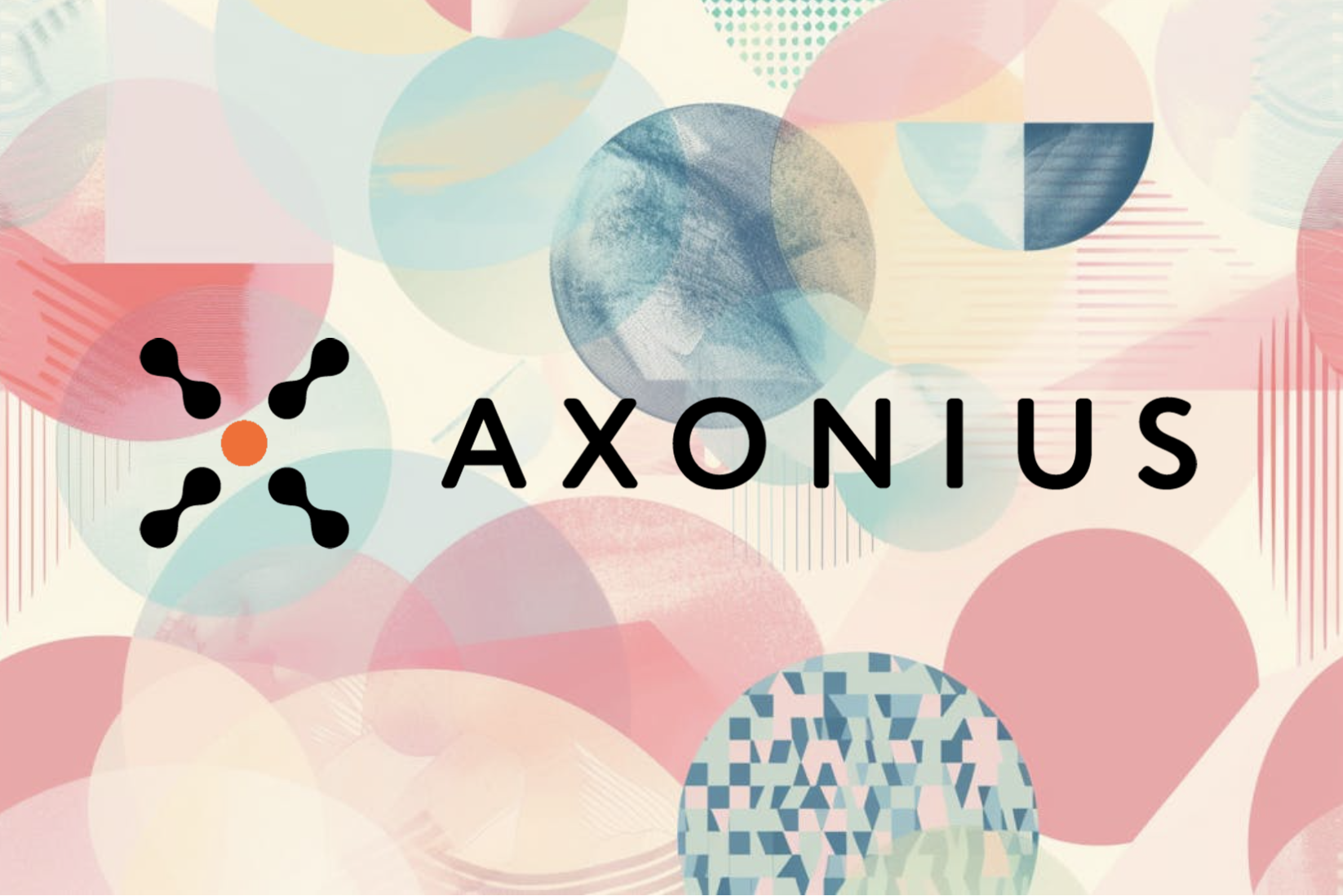
- Over 200 musicians, including Nicki Minaj and Billie Eilish, sign open letter urging tech companies to be responsible with AI music tools.
- Concerns raised about AI training on existing works without permission, impacting artists' livelihoods.
- The letter emphasizes the importance of protecting human creativity and the need for safeguards to prevent the misuse of AI in the creative industry.
Over 200 musicians, including Nicki Minaj and Billie Eilish, sign open letter urging tech companies to be responsible with AI music tools. Concerns raised about AI training on existing works without permission, impacting artists' livelihoods.
What to know: A group of over 200 musicians, including big names like Nicki Minaj, Billie Eilish, and Katy Perry, have come together to sign an open letter urging tech companies to be responsible with AI music generation tools. The letter highlights the potential threats AI poses to privacy, identities, music, and livelihoods when used irresponsibly. It emphasizes the importance of protecting human creativity in the face of advancing technology.The musicians express concerns about how AI models are being trained on existing works without permission, potentially leading to catastrophic consequences for artists trying to make a living. Despite efforts to remove their work from these models, the artists face challenges similar to combating music piracy. The letter underscores the need for safeguards to prevent the misuse of AI in the creative industry.
Looking ahead: While some companies are developing AI music generators using licensed or royalty-free music, there are still apprehensions about the impact on artists who create music for commercial purposes. Historically, musicians have faced challenges with technological advancements, from file-sharing to streaming, which have not always translated to fair compensation. The skepticism towards emerging technology among musicians is rooted in past experiences of being undervalued in the digital landscape.
Deeper details: In a parallel effort, authors have also raised concerns about generative AI technologies that mimic and reproduce their literary works without proper attribution. Over 15,000 writers, including well-known names like James Patterson and Suzanne Collins, have signed a letter urging tech giants to address the unauthorized use of copyrighted materials by AI systems. The collective call to action emphasizes the need to protect creators' rights and preserve the integrity of the literary ecosystem in the face of evolving AI capabilities.


